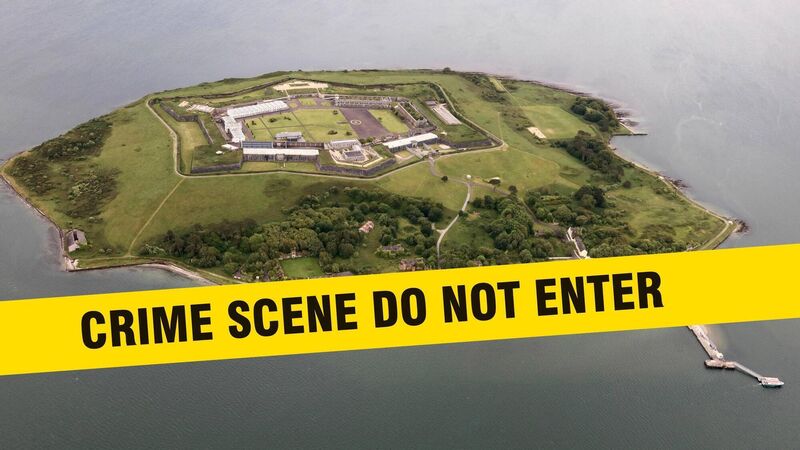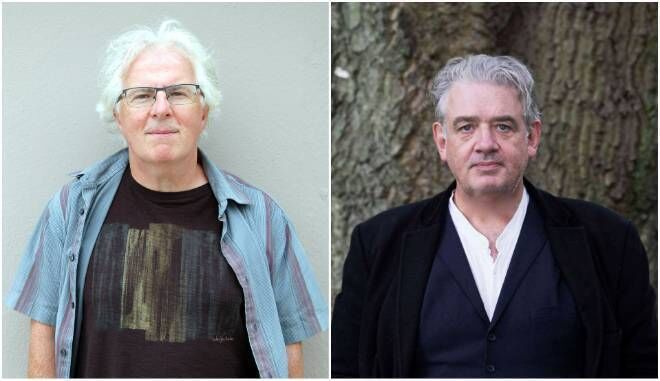The best crime book? Agatha Christie to Ian Rankin - eight authors pick their favourite

Spike Island hosts its inaugural literary festival next week.
On the first weekend in September, Spike Island will host its inaugural literary festival, featuring readings and workshops by luminaries of crime fiction in the most atmospheric of surroundings. We caught up with eight of the participating authors to ask about their favourite crime novel, what makes it a must-read, and how it influenced their own work.





